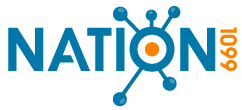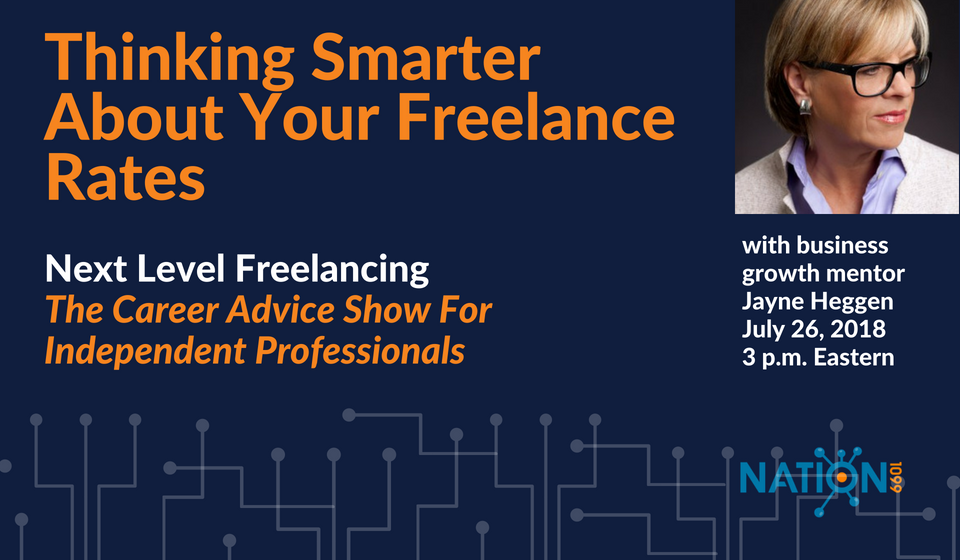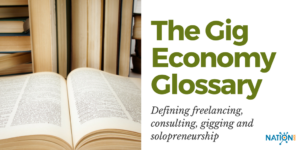Setting freelance rates and fees is central to our success, but it’s the area where we have the least confidence and the least information to guide us.
Perhaps what we really need is to think about setting rates in a completely different way.
Our guest on Next Level Freelancing this time is a business operations consultant who helps major corporations get more business and get more profit from it. Jayne Heggen operates The Heggen Group, which offers organizational assessment and transformation consulting to a wide range of clients.
Jayne’s goal is to “bring order to chaos.” If the rates you are charging your freelance clients are inconsistent and not helping your business grow, her discussion will help you get to the next level.
The Next Level Freelancing show comes from Nation1099, a resource for the committed career freelancer.
Key takeaways:
- When you’re selling a commodity service, you have to offer something of greater value to clients that raises you up above “me too” competitors.
- To avoid undercharging for your services, identify the outputs by work phase and come up with a cost range — and price — for each.
- “What’s your rate?” in the first call probably means “Goodbye and don’t bug me.” That’s a sign you aren’t engaging the prospect effectively.
- Avoid stating your fee ranges early. If you feel you must, do so but raise them by 30 percent.
- You must evaluate the market. Don’t assume “the going rate” is what you think it is.
- There are different kinds of pricing conversations you can have with clients, including cost based, budget based or value based. The first step is to understand which kind of conversation you are in.
- Never provide a service at a lower rate to meet the client’s budget requirements without taking something off the table.
- You never recover from a devalued project that’s operating at a loss.
- Use discovery calls to discover the cause of the problem and to create a project charter. That will convert more prospective clients on terms you have helped define.
- A low-cost sell-in can make your services more flexible for clients who stop after the discovery phase. These clients can be closed quickly and keep cash flowing, and they may come back later with a larger project.
- Never let free or extra work go unnoticed. Document freebies in a scope of work to record the value of it for the future.
- Always have a standardized rate card for your services. But never make the rate card public.
- The most important document to share with your clients is the invoice, because they always have some kind of response, and that response is your best indicator of their satisfaction with your services.










